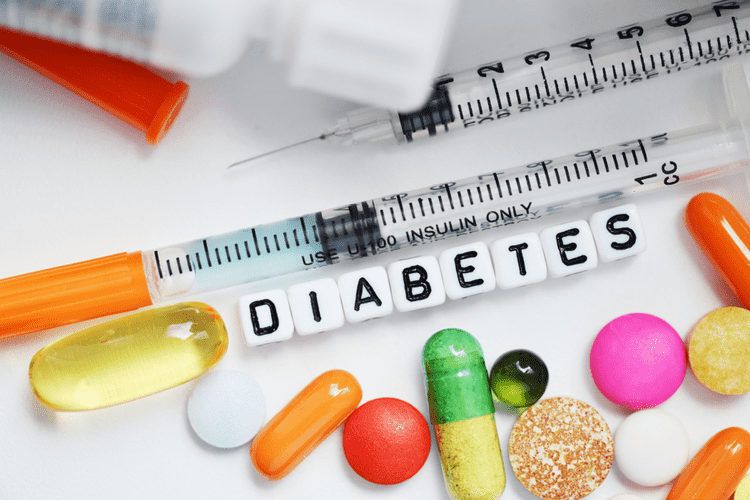“Alcohol cravings can be very intense, especially in early recovery,” explains Ruby Mehta, licensed clinical social worker and director of clinical operations for digital recovery platform Tempest. Discover effective management strategies and resources for a brighter future. Reclaim your life with supportive communities and long-term recovery https://swkotor.ru/forum/viewtopic.php?f=13&t=5976 strategies. Surprisingly, some scientists believe sugar to be more addictive than drugs, such as cocaine. While there is disagreement on whether sugar can create a physiological or neurochemical addiction, evidence points to at least a strong psychological addiction. Discover cognitive restructuring and exposure therapy for a healthier mind.
What Are the Dangers of Alcohol Abuse?

Drinking alcohol creates a yo-yo effect with blood sugar, causing an initial spike followed by a dramatic crash. This is because alcohol inhibits your body’s response to insulin, the hormone that helps regulate blood sugar levels. Discover expert strategies on how to solve withdrawal symptoms and effectively manage addiction recovery. Explore the intertwining journey of mental health and addiction recovery, from treatment to stigma combat.
How To Handle Dangerous Xanax Withdrawal Symptoms?
In conclusion, the interplay of neurological, physiological, and biochemical factors can help explain why alcoholics may experience intense sugar cravings. Understanding these factors is essential as it can provide valuable insights for individuals in recovery from alcohol addiction, and aid in the development of effective treatment strategies. Alcohol can have a significant impact on blood sugar levels, https://www.iphone-cases.net/2018/09/ which is another contributing factor to why alcoholics crave sugar. Consuming alcohol can disrupt blood sugar levels, leading to an increased desire for sugar to rebalance these levels. This can result in individuals with alcohol use disorder craving sugary foods or drinks [1]. Holistic approaches in recovery from alcohol addiction involves the integration of physical, emotional, and mental aspects.
- Understanding these factors is essential as it can provide valuable insights for individuals in recovery from alcohol addiction, and aid in the development of effective treatment strategies.
- With commitment, support, and a focus on overall health, individuals can successfully navigate the challenges of sugar cravings in recovery.
- When faced with stressors, the body’s stress response can activate the same brain regions that are involved in addiction.
- Alcohol is processed by the body as a toxin, and when consumed, it takes precedence over other nutrients, including carbohydrates.
Preference for Sweet Drinks in Alcoholics

Consequently, when they discontinue alcohol consumption, these individuals may face sugar cravings instead of alcohol cravings. The brain and body crave a sugar fix as a result of the tolerance built up to sugar from alcohol intake. Recovering from alcohol addiction can bring about intense cravings for sugar, making it crucial to develop effective strategies http://sportlog.ru/16/5677.html for managing these cravings. Two key approaches to coping with sugar cravings are implementing stress management techniques and identifying triggers and patterns. Understanding the psychological factors that contribute to sugar cravings in recovering alcoholics is an important step towards addressing and managing these cravings effectively.
Inspirational Recovery Books

Everything from exercising, to spending time in nature, hanging out with friends, making art and other activities release hormones in your brain like serotonin, dopamine, endorphins, and oxytocin. However, it can contribute to health problems such as diabetes, obesity, high blood pressure, and elevated cholesterol levels. Of particular concern for those in recovery is that a replacement addiction can hinder the process of getting and staying sober and potentially lead to a relapse. In addition to fruits, other alternatives include incorporating satisfying protein-rich snacks like nuts, seeds, or Greek yogurt. It’s important to be mindful of portion sizes and choose snacks that align with individual nutritional needs.
By implementing effective strategies and seeking professional help and support, individuals can regain control over their cravings and make positive changes in their lives. These fluctuations in blood sugar can trigger cravings for sugary foods or beverages as the body seeks to restore balance. The consumption of sugar provides a quick source of energy and can temporarily alleviate the symptoms of low blood sugar, such as fatigue and irritability. The process of withdrawal from alcohol can be mentally and emotionally taxing, triggering stress responses in the body. To alleviate stress, individuals may turn to sugary foods as a means of temporarily boosting their mood and reducing anxiety. Overcoming the intricate relationship between alcoholism and sugar cravings can be a challenging journey.
- Seeking professional support and therapy can help individuals in managing these psychological factors and developing healthier coping strategies.
- Finding coping mechanisms that prevent you from going from one compulsive behavior to another is the key to sobriety and avoiding behaviors that threaten your overall health.
- By focusing on a well-rounded diet that includes a variety of nutrient-dense foods, individuals can satisfy their cravings while nourishing their bodies.
- This can be particularly appealing to individuals in recovery, who may be dealing with uncomfortable emotions and stressors as they navigate their new sober lifestyle.
- Research has shown temporary abstinence from alcohol can reset your health meter and may even support long-term well-being1.
- Most people who experience cravings notice a mix of internal and external triggers.
- In addition to the biological influences, psychological factors also contribute to the cravings for sugar among recovering alcoholics.
- Complex carbohydrates, found in foods like whole grains, legumes, and vegetables, are digested more slowly, resulting in a steadier release of glucose into the bloodstream.
- Evidence has accumulated for decades around the correlation between boredom (or unplanned time) and substance abuse, including alcohol.
It is essential for individuals with AUD to be aware of these emotional eating patterns and to seek healthier coping mechanisms. Professional help and support can play a crucial role in helping individuals develop alternative strategies for managing emotions, such as therapy, support groups, or mindfulness techniques. When exploring the reasons behind sugar cravings in individuals with Alcohol Use Disorder (AUD), it is important to consider the psychological factors that contribute to these cravings. Two significant factors in this regard are emotional eating and coping mechanisms, as well as the impact of stress on cravings. Alcoholism and sugar cravings are closely intertwined, and there are several nutritional factors that contribute to this complex relationship. Understanding these factors can shed light on why alcoholics often experience intense cravings for sugar.
- Alcohol can have a significant impact on blood sugar levels, which is another contributing factor to why alcoholics crave sugar.
- By implementing these strategies, individuals can support their physical and emotional health while working towards a successful and sustainable recovery journey.
- Discover the signs and symptoms to find clarity and seek the support you need.
- Unfortunately, satisfying sugar cravings can prolong recovery and lead to other medical complications.
